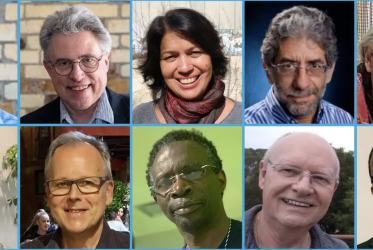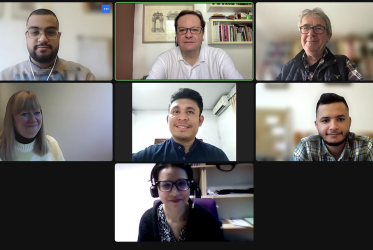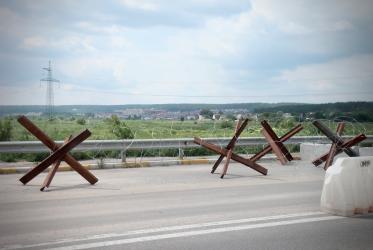Displaying 1 - 20 of 896
WCC extends prayers for lasting peace in Haiti
11 April 2024
A global outlook from different angles
10 April 2024
WCC expresses deep concern for human rights in Haiti
28 March 2024
What can churches do to prevent modern slavery?
22 February 2024
WCC to host discussion on humanitarian needs
21 February 2024
Regional communicators strengthen WCC fellowship, deepen solidarity
08 February 2024
WCC condemns attacks against aid workers in southeast Ukraine
07 February 2024


















